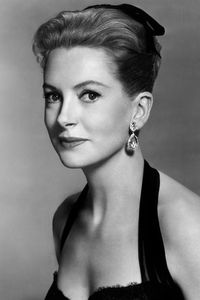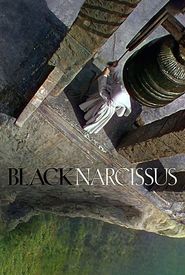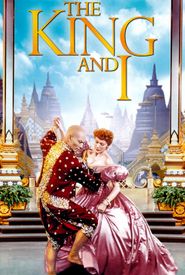Deborah Jane Trimmer, born in 1921 in Glasgow, Scotland, was a shy and insecure child who found solace in acting. Her aunt, a radio star, secured her some stage work as a teenager, and she soon caught the attention of British film producer Gabriel Pascal, who cast her in his film adaptations of George Bernard Shaw's plays, including "Major Barbara" and "Love on the Dole". She quickly rose to stardom in the British cinema, taking on a wide range of roles, from the three women in "The Life and Death of Colonel Blimp" to the nun in "Black Narcissus".
In 1947, Kerr made the transition to Hollywood, signing with MGM and appearing in films such as "The Hucksters", "Edward, My Son", and "Quo Vadis". However, she soon grew tired of playing prim and proper English ladies, and it was her role as the adulterous woman who romps on the beach with Burt Lancaster in "From Here to Eternity" that brought her critical acclaim and a second Oscar nomination.
Kerr's success on the stage was marked by her reprisal of her role in the 1956 film adaptation of "Tea and Sympathy", as well as her iconic performance as Mrs. Anna in "The King and I". She continued to appear in a string of successful films throughout the 1950s and 1960s, including "Heaven Knows, Mr. Allison", "An Affair to Remember", "Separate Tables", "The Sundowners", "The Innocents", and "The Night of the Iguana".
Kerr's decision to retire from acting in 1968 was prompted by her disgust at the explicit sex and violence that had become prevalent in the film industry. She continued to work in stage and television throughout the 1970s and 1980s, before making her final screen appearances in "The Assam Garden" and "Hold the Dream". In 1994, Kerr was awarded an Honorary Oscar for her contributions to the screen, despite never having won the Best Actress award despite six nominations.













































































